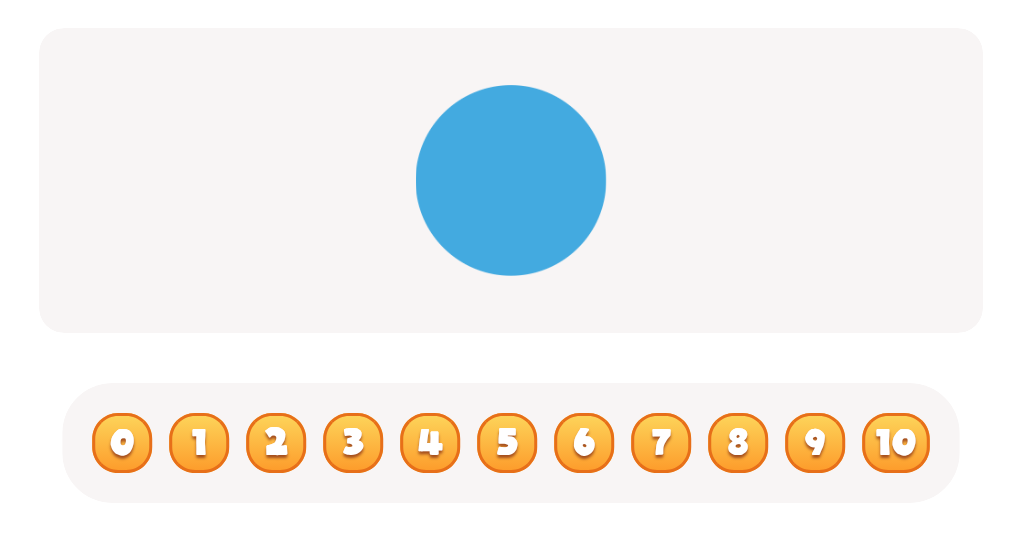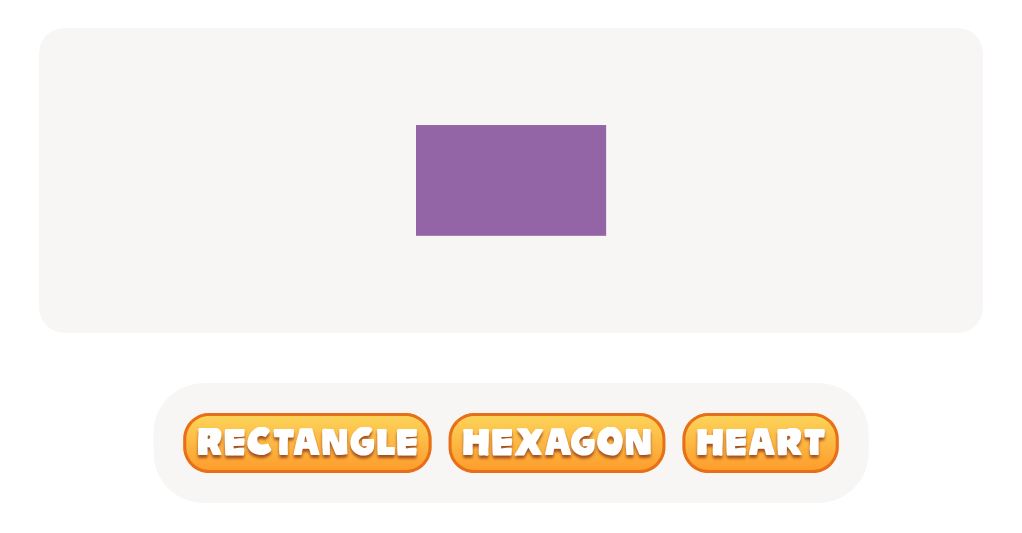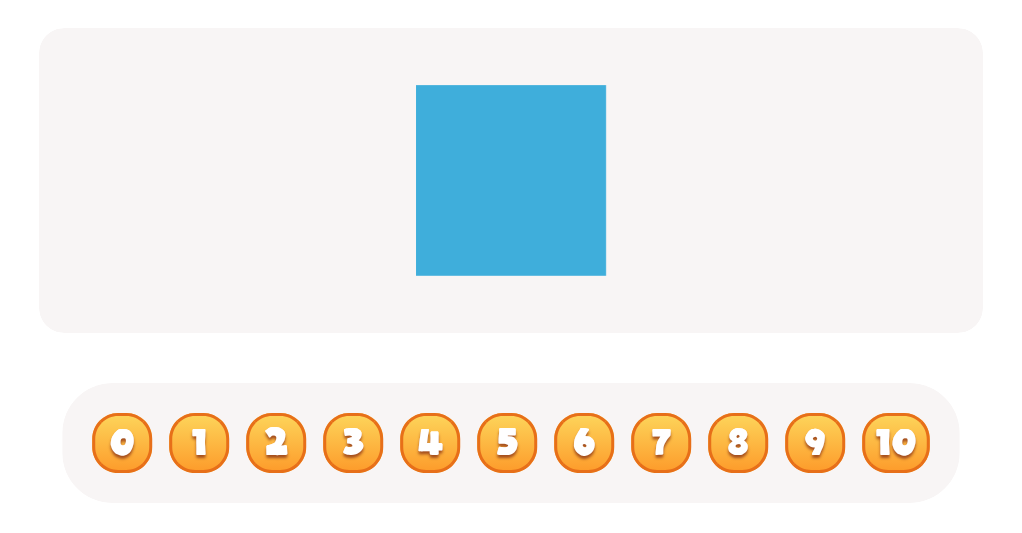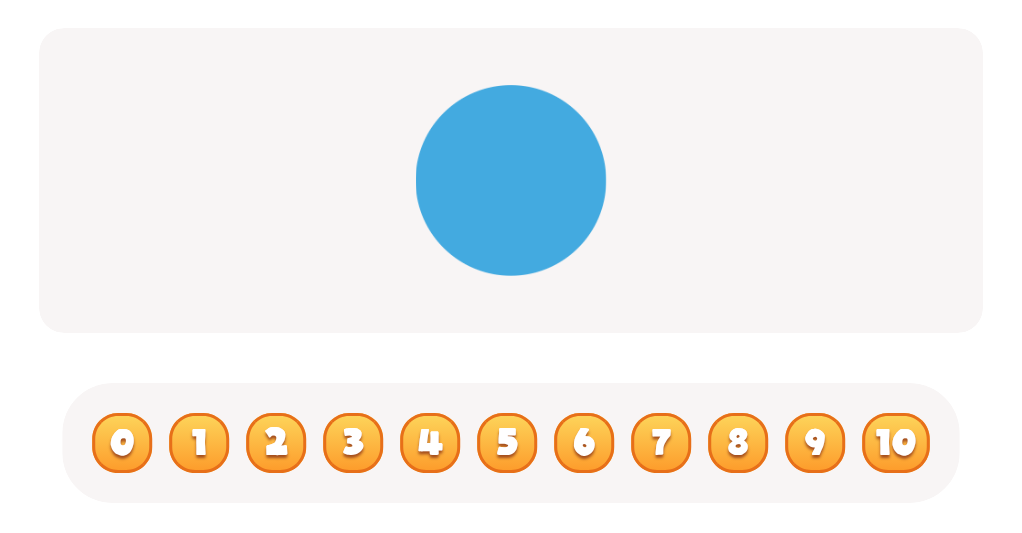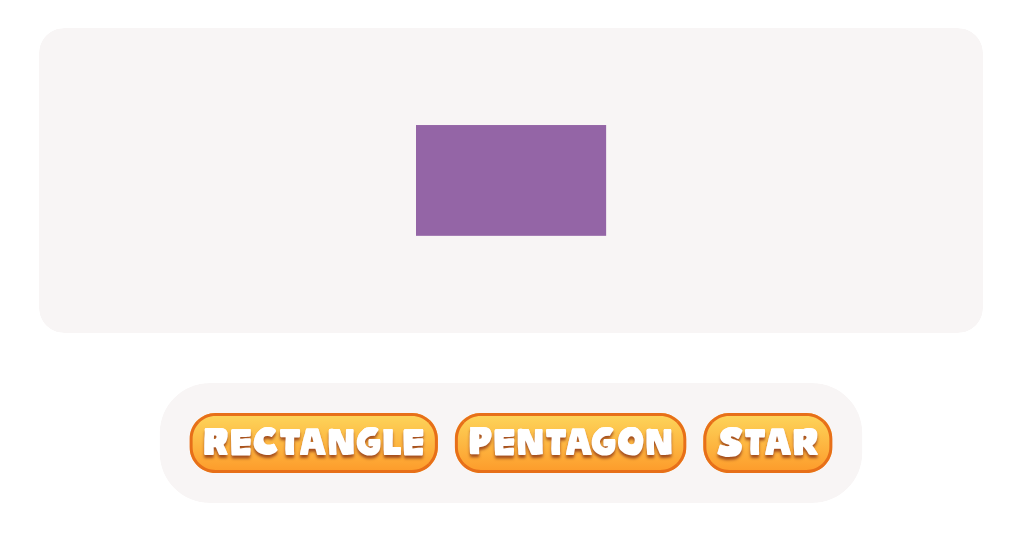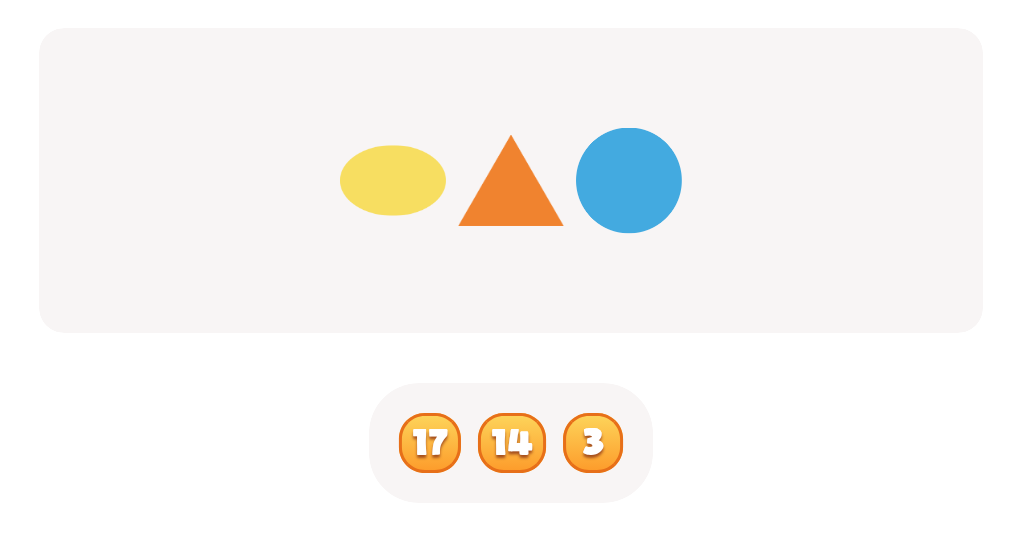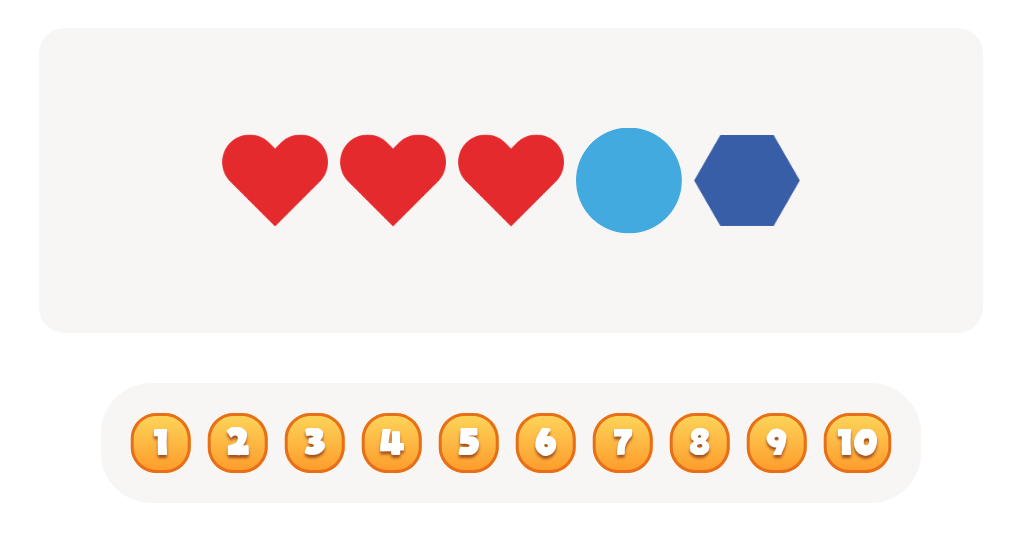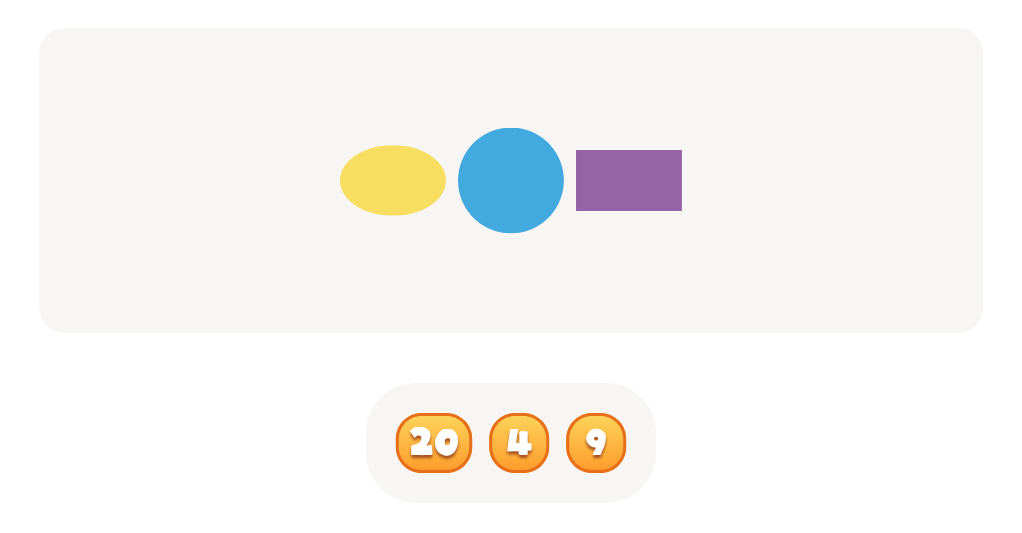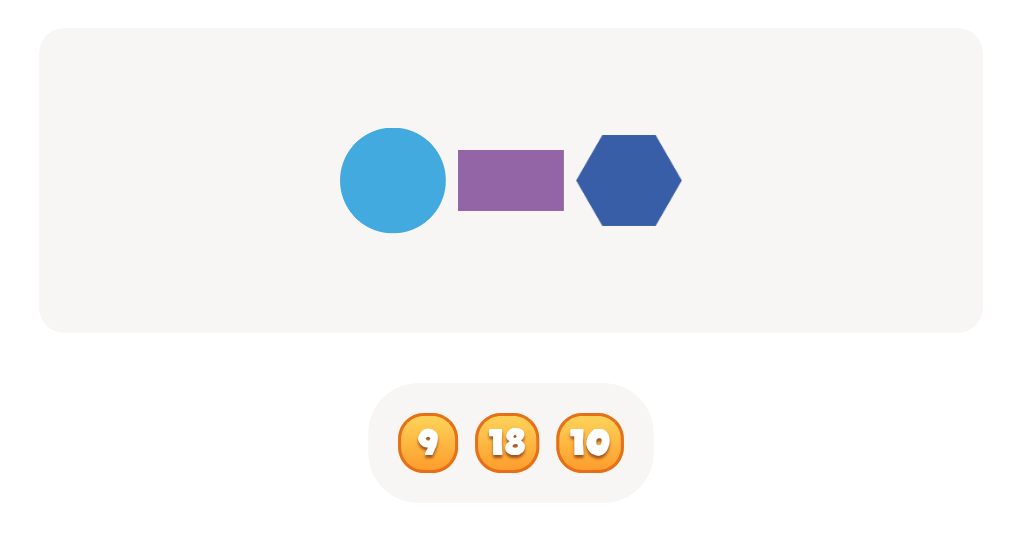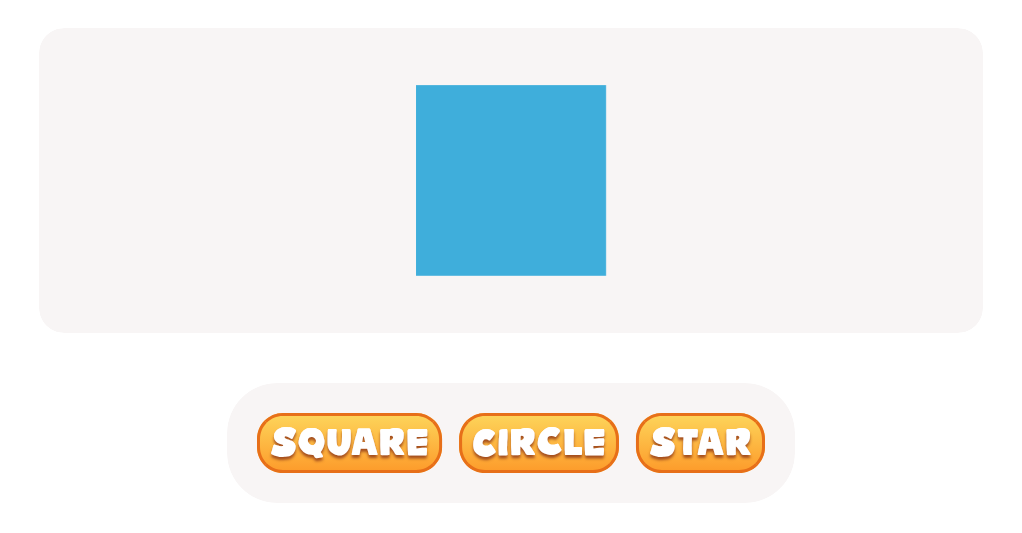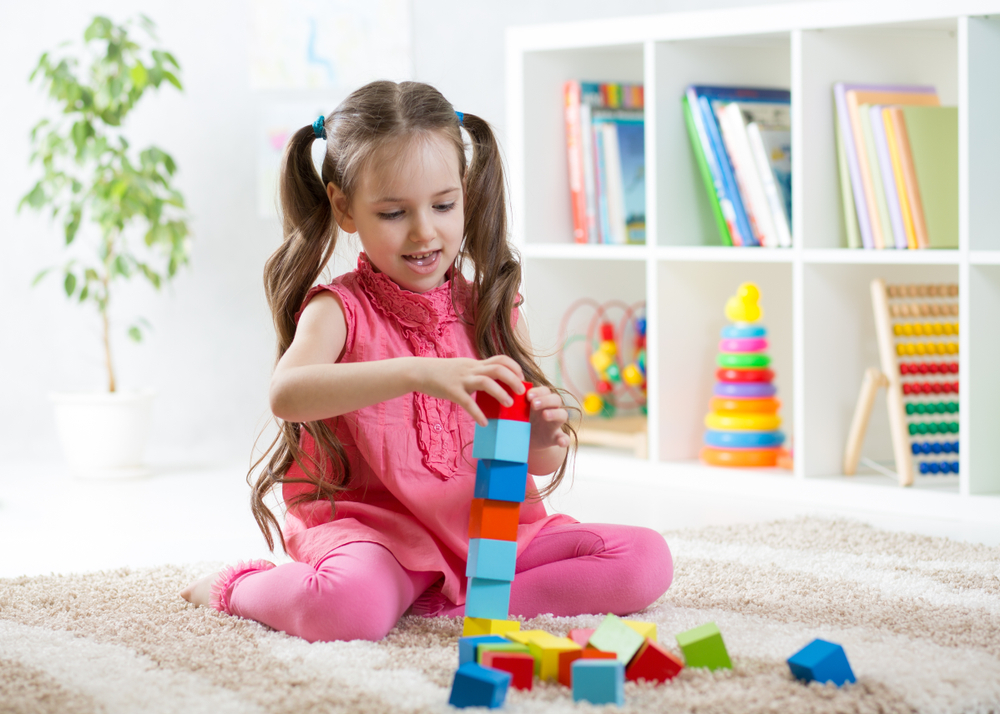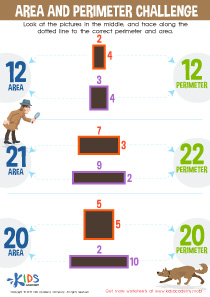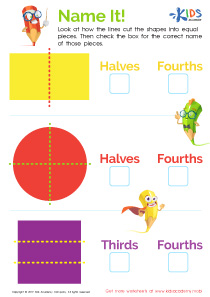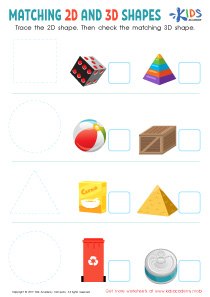Cognitive Development 2D Shapes Worksheets for Ages 6-7
9 filtered results
-
From - To
Title: Cognitive Development 2D Shapes Worksheets for Ages 6-7
Immerse your 6-7-year-olds in exciting, engaging learning with our Cognitive Development 2D Shapes Worksheets! These expertly crafted resources are designed to aid young learners in recognizing and understanding basic geometric shapes such as squares, triangles, circles, and rectangles. Through fun activities and exercises, children enhance their spatial awareness, problem-solving abilities, and critical thinking skills. Perfect for both classroom and home learning, these worksheets ensure foundational math concepts are mastered while fostering curiosity and cognitive growth. Boost your child's confidence and academic success with Kids Academy's vibrant, easy-to-use learning materials.
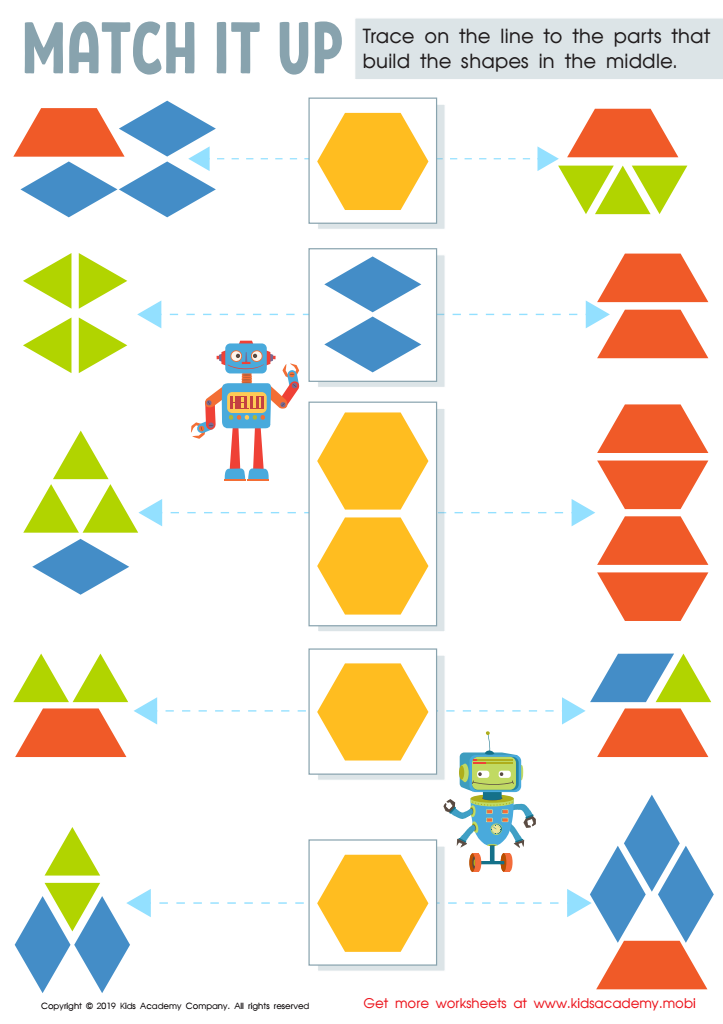

Match It up Worksheet
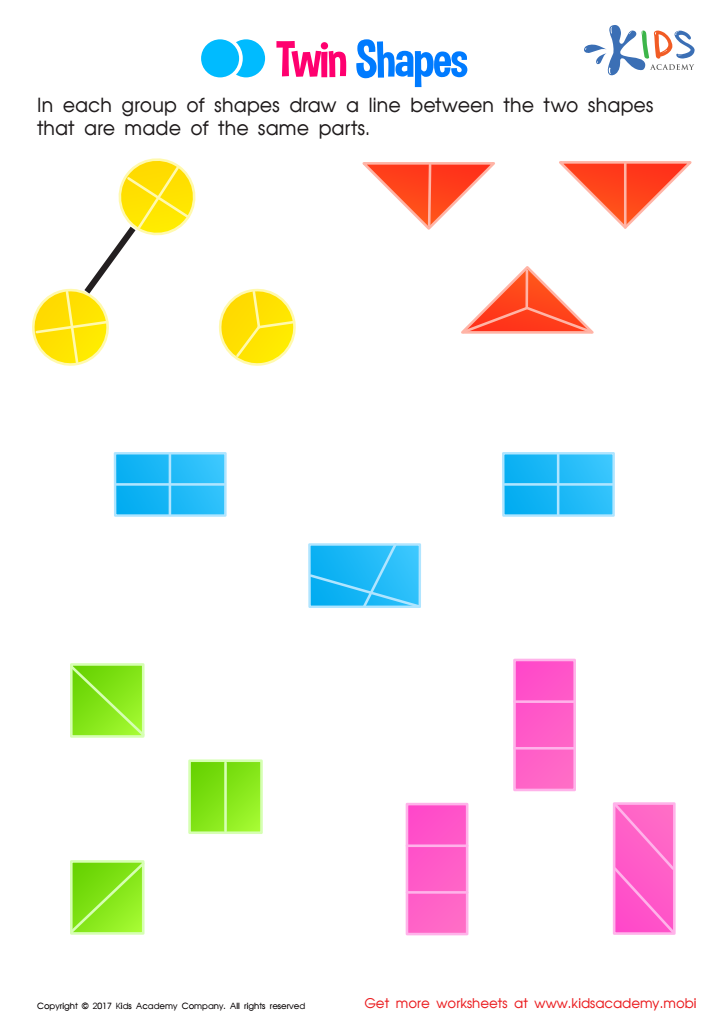

Twin Shapes Worksheet
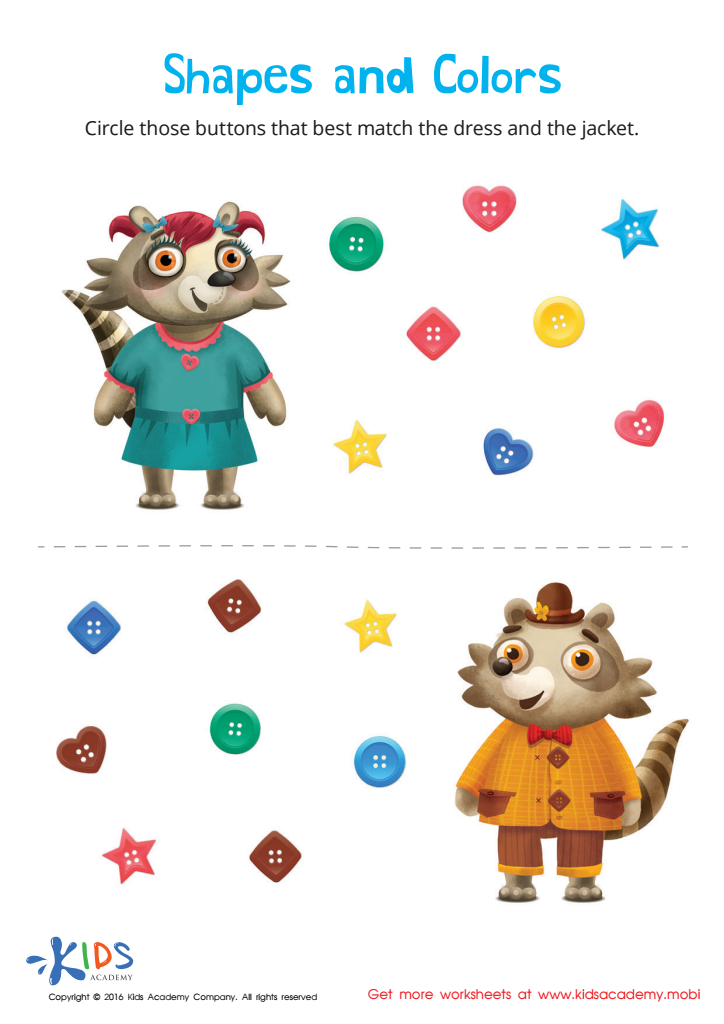

Matching: Shapes and Colors Worksheet
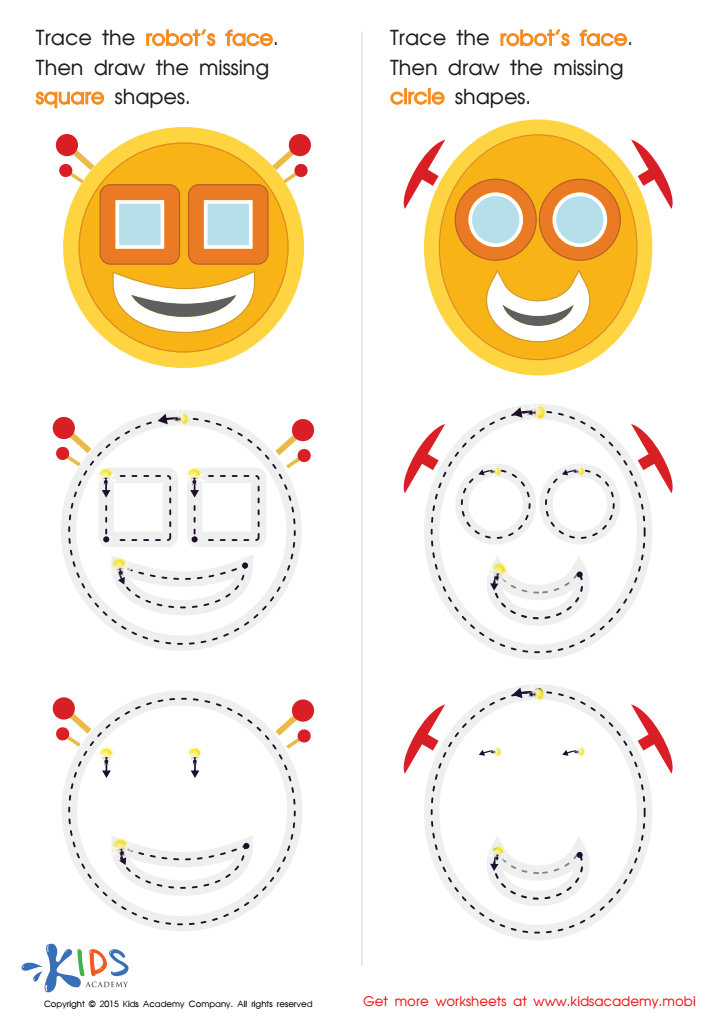

Practicing to Draw Circles And Squares Printable
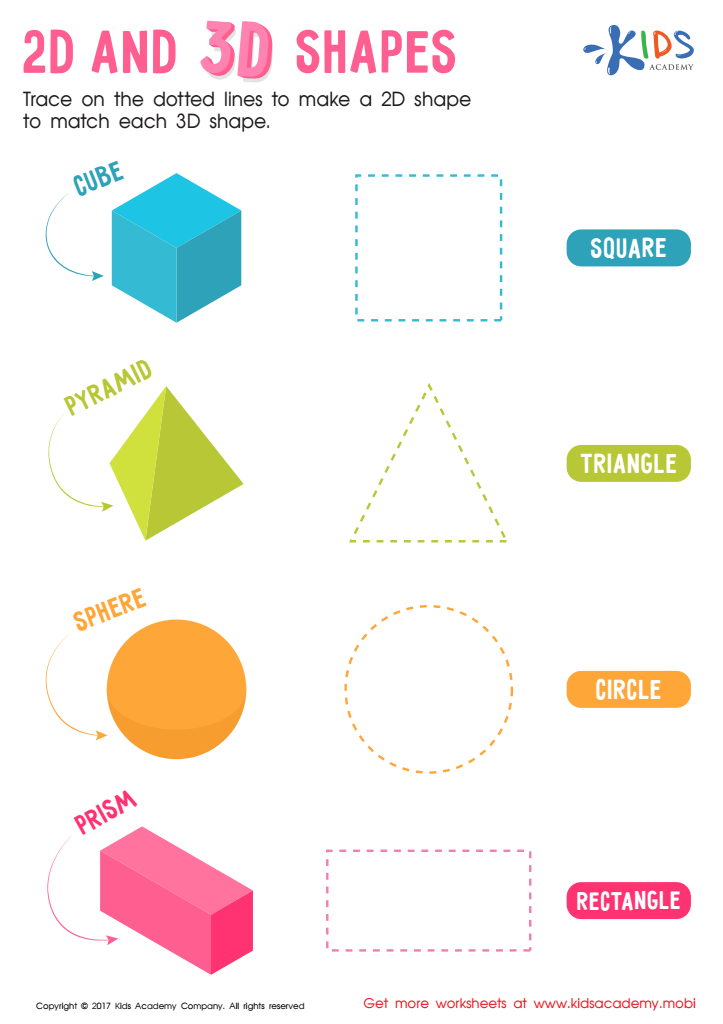

2D and 3D Shapes Worksheet


Preschool Geometry Match Up Worksheet
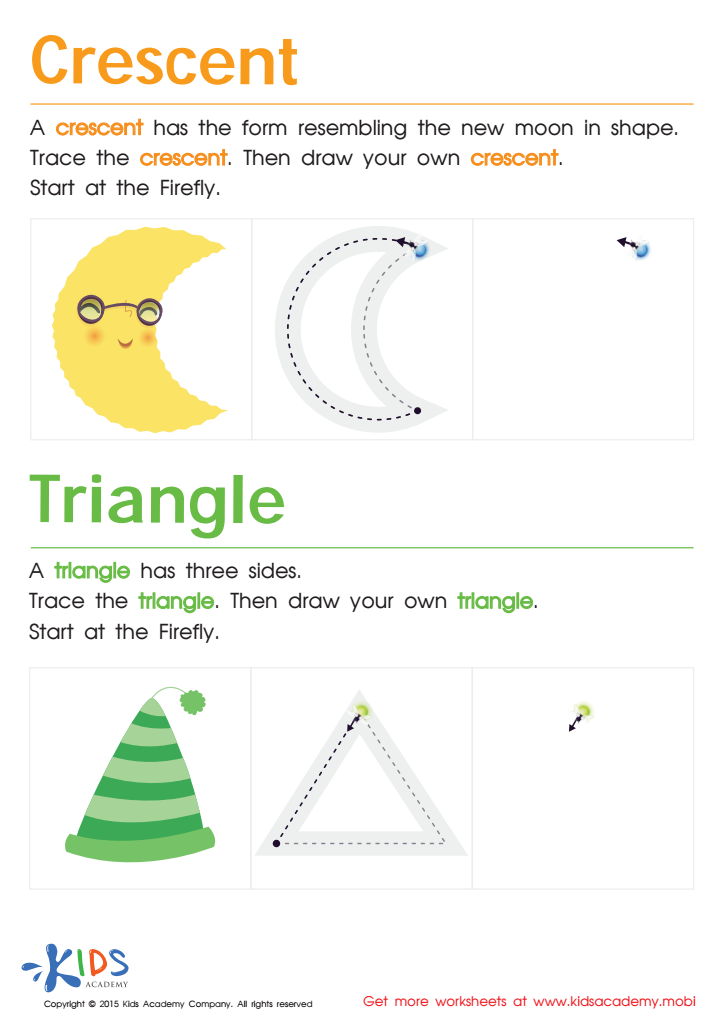

Learning to Draw Crescents And Triangles Worksheet
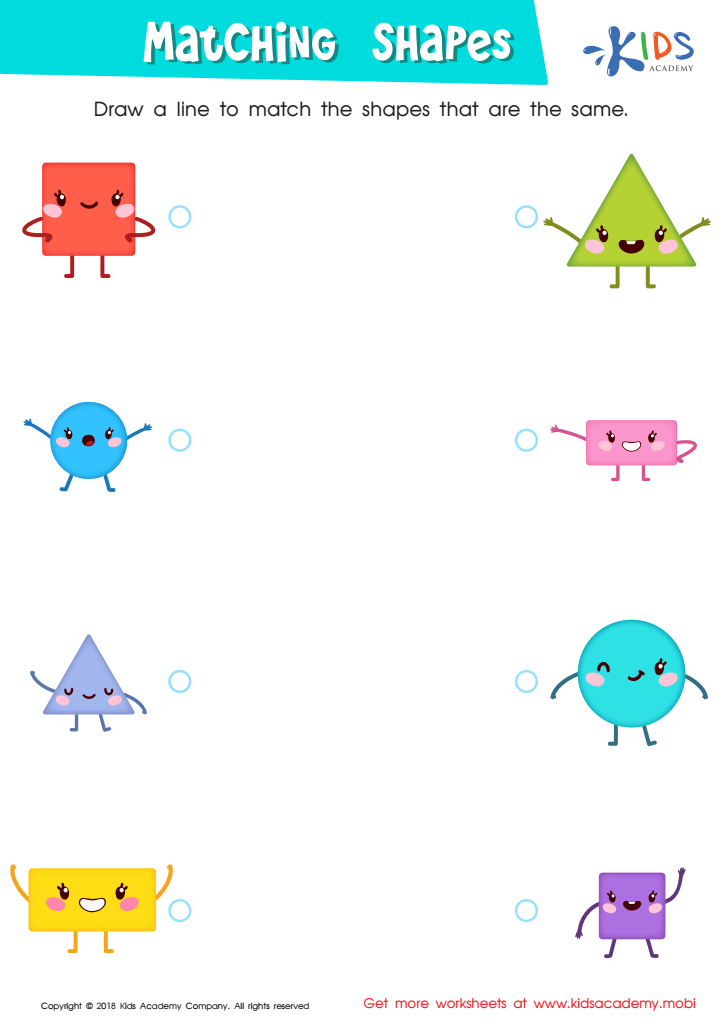

Matching Shapes Worksheet
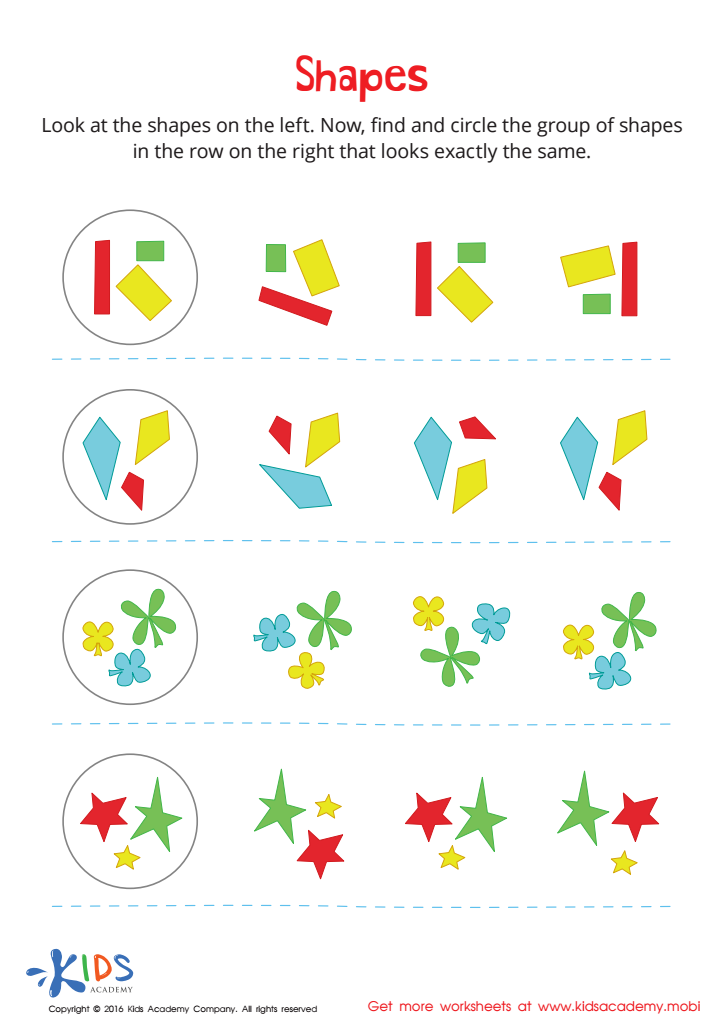

Shapes Worksheet
Caring about cognitive development in relation to 2D shapes for children ages 6-7 is essential for foundational learning and development. At this age, kids are in a critical period of their cognitive growth where they start to make sense of the world through observation and interaction. Understanding 2D shapes helps enhance several key skills in their cognitive development.
Firstly, recognizing and naming shapes such as squares, triangles, circles, and rectangles builds early spatial awareness. This is vital not only for geometry but also for everyday problem-solving and logical thinking. Children learn to compare and classify objects based on their properties, which promotes critical thinking skills.
Secondly, learning 2D shapes boosts fine motor skills and hand-eye coordination. Activities like drawing or cutting out shapes require precision and control, essential for writing and other more complex tasks later.
Additionally, early shape recognition is foundational for numeracy skills. Counting sides and corners introduces basic mathematical concepts, laying the groundwork for more advanced topics such as fractions and geometry.
Finally, engaging with 2D shapes fosters creativity and expression. Making patterns or designing simple artworks encourages imagination and innovation, promoting emotional and social development.
Thus, parents and teachers nurturing an understanding of 2D shapes support holistic cognitive and developmental growth in children, setting a strong foundation for future learning.

 Assign to My Students
Assign to My Students
